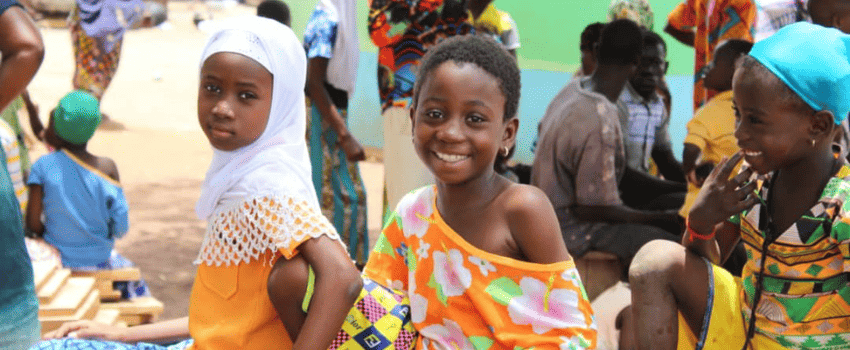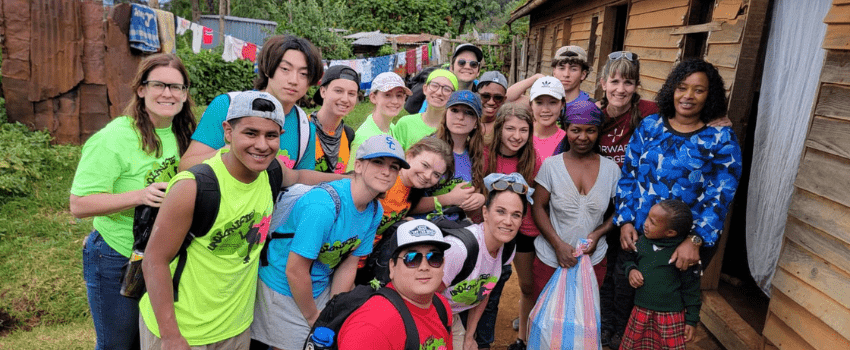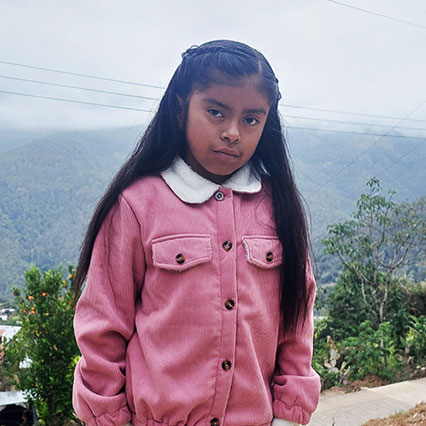
Behind Our Vision and Mission
Discover the heart behind every word of Forward Edge’s mission and vision. Learn how each phrase points to God’s call, guides our work around the world, and reflects our commitment to transforming lives through Christ-centered, holistic care.








